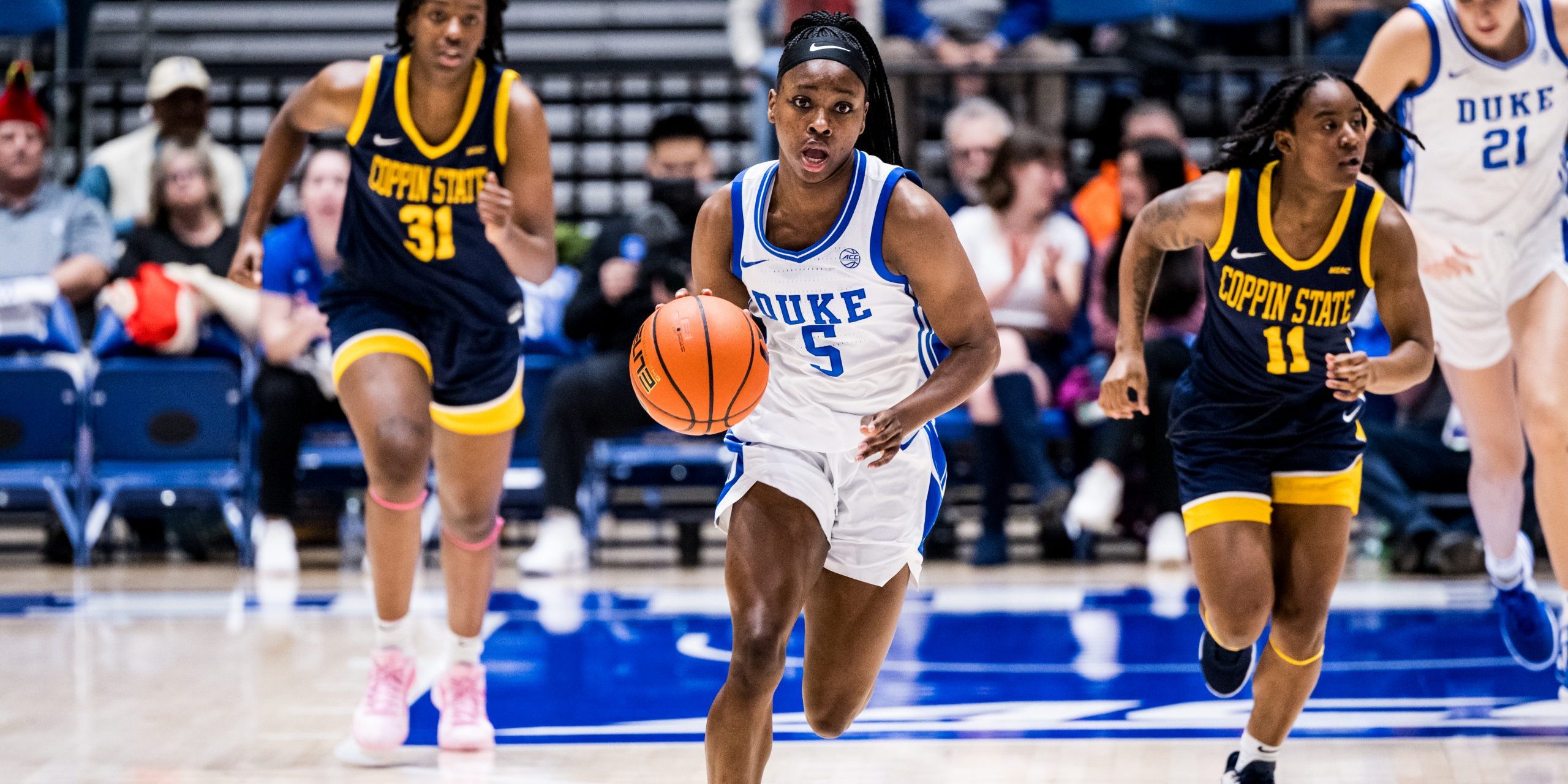
Hunting at night introduces a unique set of challenges and opportunities that differ significantly from daytime hunting practices. The cover of darkness changes the dynamics of the hunt, affecting both the hunters and the wildlife they pursue. This transition demands specialized gear, such as night vision equipment, and requires hunters to hone specific skills to adapt to the nocturnal habits of their target species.
Let’s look at what’s different about hunting at night and how it can enhance the overall hunting experience.
Hunting at night offers several advantages over daytime hunting. The first and most obvious advantage is the element of surprise. Many nocturnal species don’t encounter human presence in their natural habitat, making them less wary and easier to approach than their daytime counterparts. This difference gives hunters a better chance of getting closer to their prey before their prey detects them.
a
Additionally, the darkness provides hunters with better camouflage, helping them blend into the environment and making it harder for prey to spot them. This camouflage can be especially beneficial when hunting in open areas or during full moon nights.
Another advantage of night hunting is the reduced competition. Many hunters prefer to hunt during daylight hours, meaning fewer competitors are out at night. This preference can give night hunters more opportunities and a wider range of potential hunting grounds.
Despite the advantages, night hunting also presents its own set of challenges. The most obvious one is the lack of visibility. Even with specialized gear, navigating through dense forests or unfamiliar terrain at night can be tricky and potentially dangerous. Night hunters must be familiar with their hunting area.
Another challenge is the increased difficulty of identifying targets. Since lighting conditions are limited, it can be harder to distinguish between different species or determine their gender or age. This difficulty requires a higher level of skill and experience from the hunter to make accurate shots.
Night hunters rely on specialized gear to overcome these challenges and take advantage of the benefits. This gear includes night vision scopes, thermal imaging devices, and red or green lights for increased visibility without spooking prey. Learning to scan with your light and use it to your advantage is essential for successful night hunting. These tools enhance the hunter’s ability to see in low-light conditions and help with target identification and shooting accuracy.
Successfully hunting at night also requires hunters to familiarize themselves with the nocturnal habits of their target species. This step can include studying their feeding, mating, and migration patterns and understanding how they react to stimuli in low-light conditions. By adapting to these behaviors, hunters can increase their chances of a successful hunt.
Night hunting offers a thrilling and rewarding experience that contrasts traditional daytime hunts. Its unique advantages, including surprise, better camouflage, and reduced competition, make it an appealing option for many hunters. However, you need to approach night hunting with preparation and respect for its challenges. Hunters can safely and effectively engage in this distinctive sport by equipping themselves with the necessary gear and understanding their prey’s nocturnal habits.
24World Media does not take any responsibility of the information you see on this page. The content this page contains is from independent third-party content provider. If you have any concerns regarding the content, please free to write us here: contact@24worldmedia.com
Latest Posts

Exploring the Biggest Names in Heavy Equipment Suppliers

How To Keep Your Night-Shift Employees Safe

Wedding Budget: How To Create and Stick to One

St. Mary’s Hooks chooses his next chapter

Athlete of the Week – Oluchi Okananwa

English’s Ly, McHale receive scholar-athlete honors

Letters to the editor: Seriously?

Editorial: Greenport is bellwether for regional issues

Blotter: 100 mph motorcycle ride, unlawful fleeing the police

Today’s page 1 3-23-2024 – Itemlive

Suspect in Lynn Pizza Hut shooting arrested in Florida

Jim Tobin receives NEPGA Youth Player Development Award